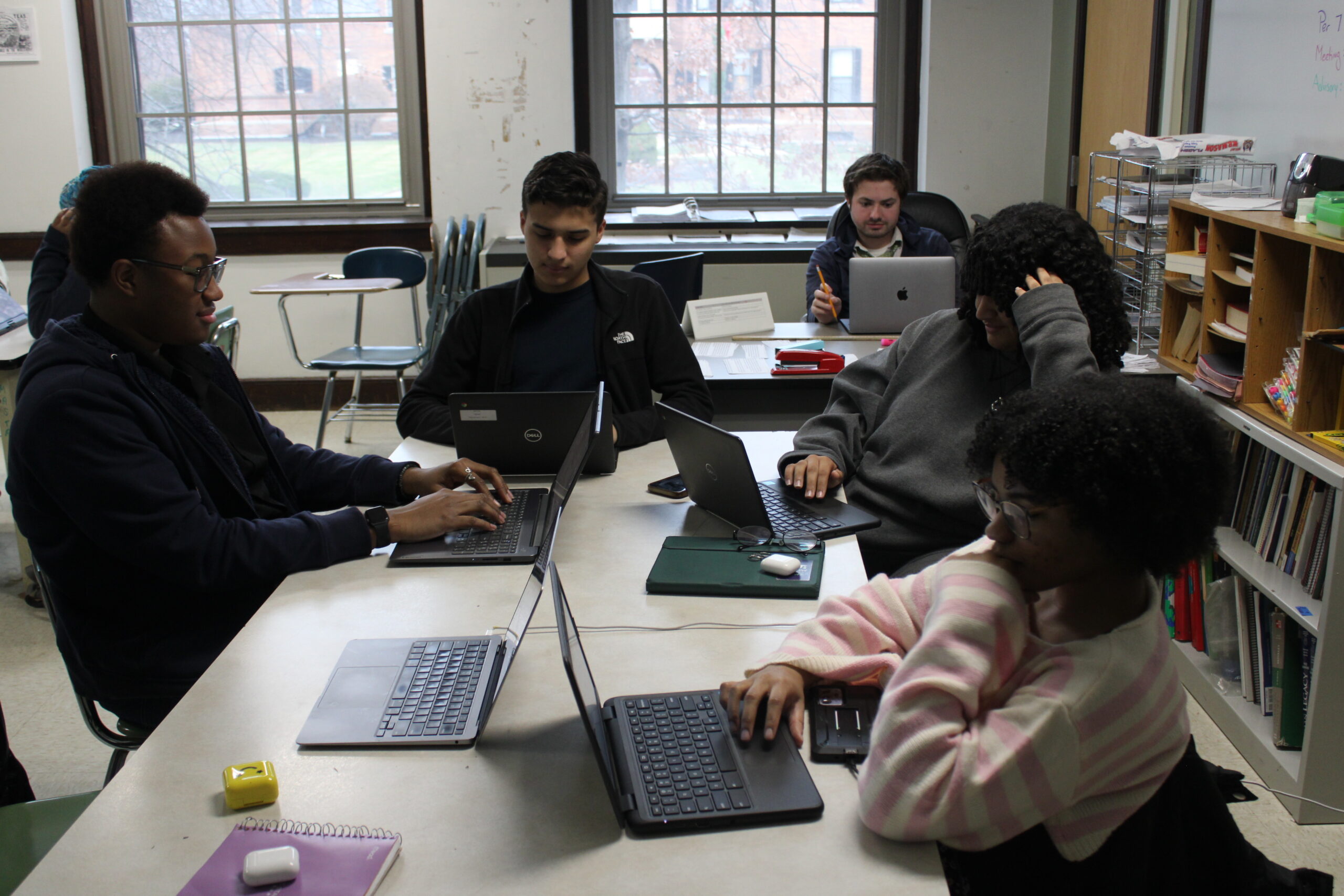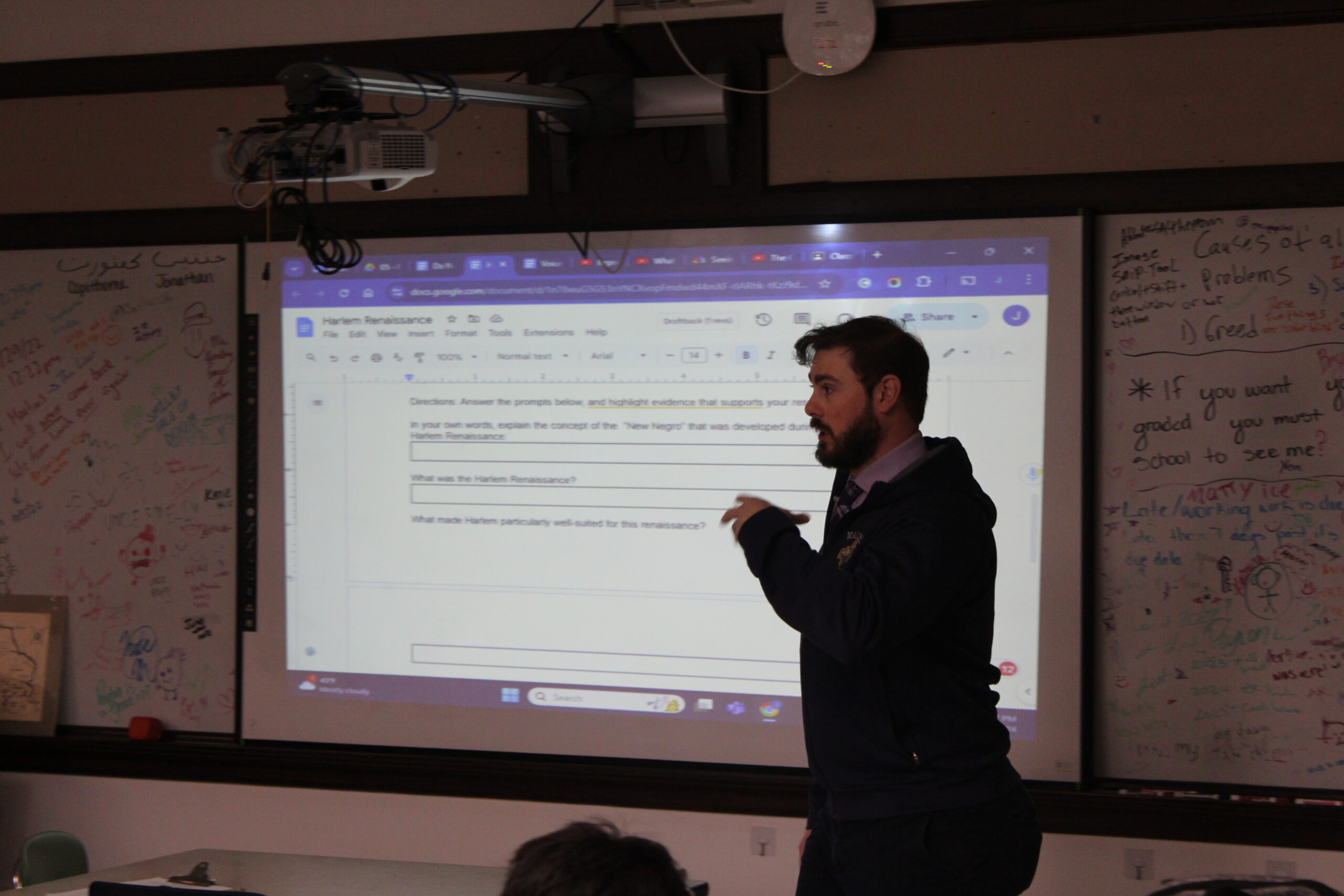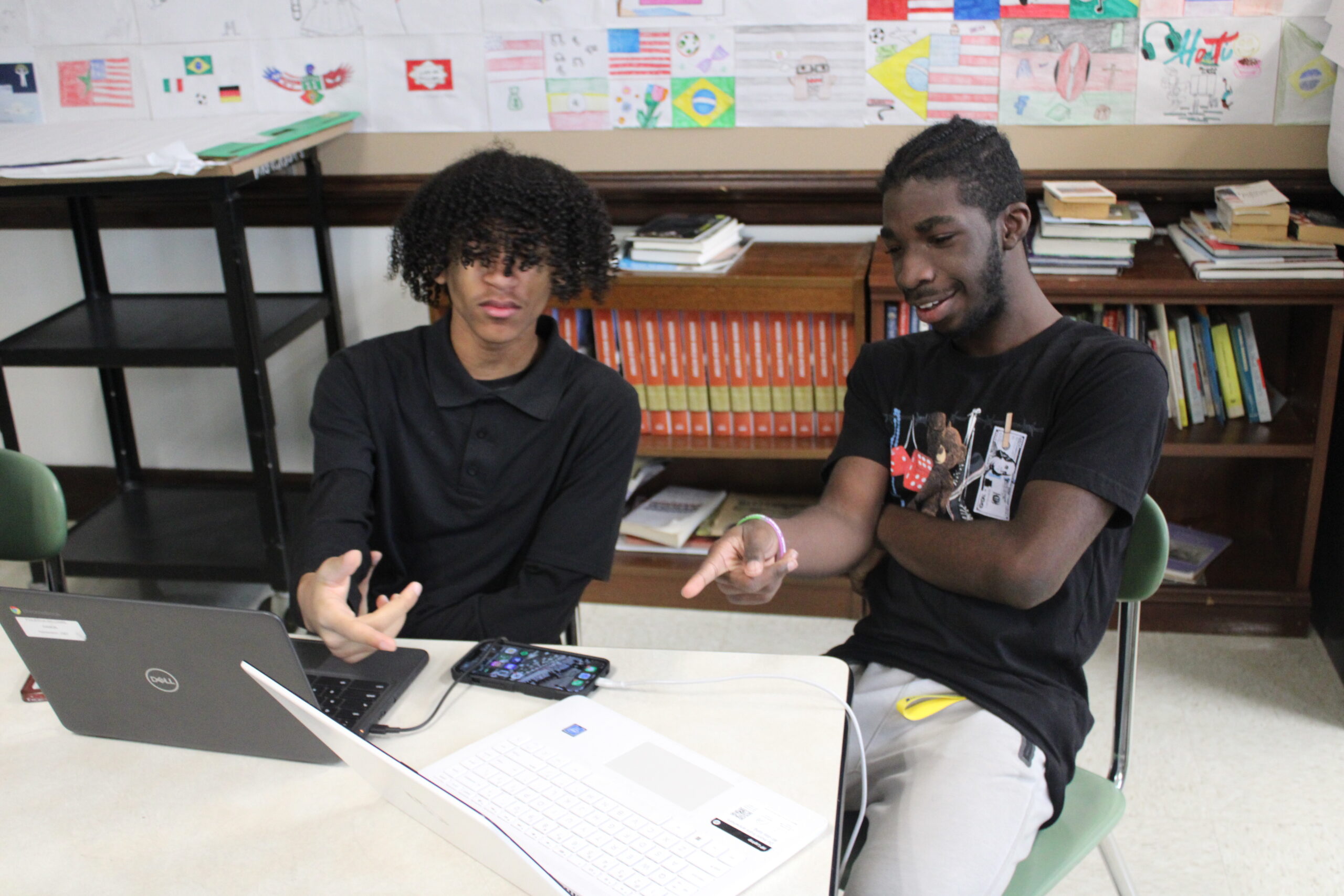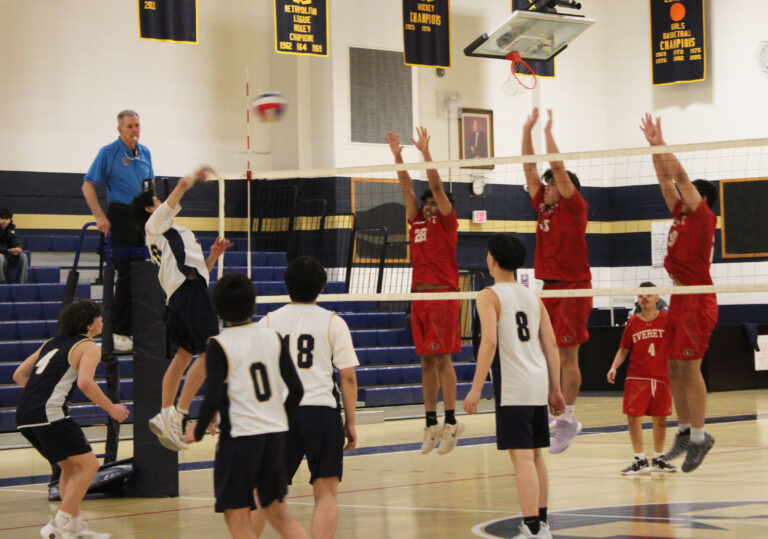
According to Niche.com’s rankings, Malden High School is the most diverse high school in the Commonwealth of Massachusetts. Walking through the halls of MHS, students quickly realize they are within a wonderful sea of people from all different backgrounds.
The social studies department at MHS constantly strives to add new and relevant electives to their already abundant course offerings. Among these electives coming into its second year is the Race and Identity class, which directly utilizes the impressive amount of diversity here. Taught by history teacher Jonathan Copithorne, the class aims to produce students of all backgrounds who are ready to live and work in a world that is increasingly diverse and ever-changing.
The course was created by Dr. Dionne McLaughlin, an author and professor at North Carolina Central University. Copithorne noted that McLaughlin “has an organization where she pitches the class, and one of the reasons Malden bought the curriculum to include more diversity in our own history curriculum.”
Copithorne affirmed that he has enjoyed teaching the class. “It takes about three or four years to get it going, so last year was a huge learning process.” He then added that the course was designed as a graduate school course, so fitting it into a high school semester has been challenging: “I’ve made a lot of adjustments to it and there’s still things I want to build within it, but I enjoy teaching it because it is a lot of stuff I have never learned about.” He also has optimism for the future as he looks forward to seeing the class take shape more and more each year.

Kurtis Scheer, the teacher leader of the social studies department, noted that the class first materialized when the department wanted electives that better reflected the student body at MHS. Scheer also admired how the course allows students to “go more in-depth with history that explores topics not necessarily touched upon in regular history classes.”
The course itself, Copithorne mentioned, primarily focuses on Asian, African, and Latin American experiences within the scope of United States History, but he has added a unit focusing on Arab Americans. “We talk about the history that each of these groups have experienced in the US. I try to get everyone to learn a little bit about their own background and how that impacts their own identity,” Copthorne remarked.
Scheer applauded Copithorne, mentioning that there have been “lots of positive reviews” and that “Mr. Copithorne takes a lot of feedback from students, faculty members, and the designers of the curriculum”—enhancing the course. Scheer also similarly noted to Copithorne that as the years go on, the course will become more “cohesive.”
The students who are enrolled in the class also gave the course high praise. Senior Zahirr Debel, loves how “everyone is always voicing their opinions on different topics.” He mentioned how he would “recommend this class to anyone,” but specifically those who are looking to learn more about their own identity. His favorite part of the class so far was learning about the origins of Black stereotypes in the U.S.

Another senior, Karla Duenas Orellana, has thoroughly enjoyed the class. She noted it has been enjoyable “learning more in detail about our past, especially because an average history class doesn’t include a lot of what actually happened. For example, we know there is discrimination in our history but we never talk about the oppression immigrants faced during the Great Depression.”
As for the future of the course, it will likely stay. In addition, Scheer stated that the department is “always trying to add new electives” and that they would love to begin to see more specific studies like women’s history, African American History, and so on.
To anyone debating on adding this course to their own schedule in the coming years, Copithorne believes that “this is a course that everyone should take, regardless of their background. Hopefully, everybody who takes this course will learn something new about how their identity fits into the story of America.” He firmly believes that the course does an amazing job of telling a complete story of the United States.

QR code to the corresponding Instagram post of this article.




